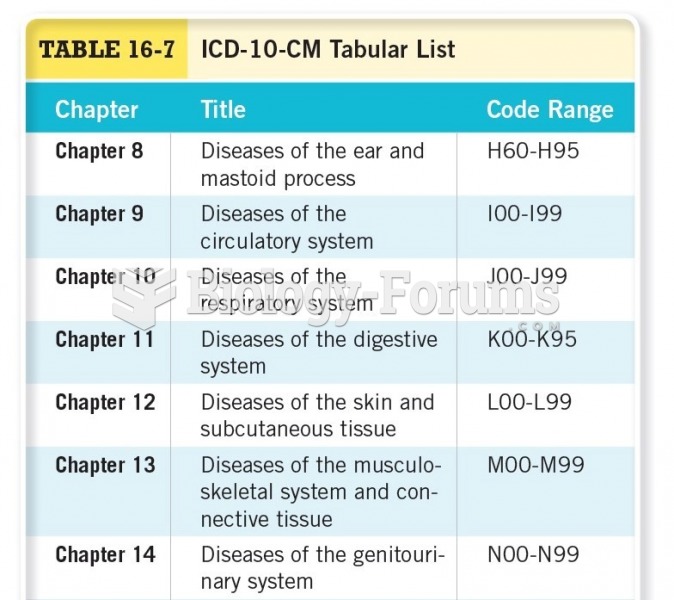Answer to Question 1
By far, most people can meet their nutrient needs from their diet alone. However, there are people who may need supplements. For them, nutrient supplements can prevent or reverse illnesses. People at risk of nutrient deficiencies who cannot meet their needs with diet alone should take a supplement. Some examples are:
Women who are capable of becoming pregnant (supplemental or enrichment sources of folic acid are recommended to reduce risk of neural tube defects in infants).
Pregnant or lactating women (they may need iron and folate).
Newborns (they are routinely given a vitamin K dose).
People who undergo weight-loss surgery (this creates nutrient malabsorption).
Those who are lactose intolerant (they need calcium to forestall osteoporosis).
Habitual dieters (they may eat insufficient food).
Elderly people often benefit from some of the vitamins and minerals in a balanced supplement (they may choose poor diets, have trouble chewing, or absorb or metabolize nutrients less efficiently).
People living with HIV or other wasting illnesses (they lose nutrients faster than foods can supply them).
Those addicted to drugs or alcohol (they absorb fewer and excrete more nutrients; nutrients cannot undo damage from drugs or alcohol).
Those recovering from surgery, burns, injury, or illness (they need extra nutrients to help regenerate tissues).
Strict vegetarians (vegans may need vitamin B12, vitamin D, iron, and zinc).
People taking medications that interfere with the body's use of nutrients.
Answer to Question 2
Vitamin B12 deficiency most often reflects poor absorption due to (1) too little stomach acid to liberate vitamin B12 from food or (2) a lack of intrinsic factor (IF), a compound made by the stomach and needed for B12 absorption. There are a few reasons for B12 deficiency that are not associated with inadequate dietary intake. With age, many people lose their ability to produce enough stomach acid and intrinsic factor to allow efficient absorption of vitamin B12 . Additionally, intestinal diseases, surgeries, or stomach infection with an ulcer-causing bacterium can also impair B12 absorption. Taking a common diabetes drug can also make vitamin B12 deficiency likely. In cases of B12 malabsorption, the vitamin must be supplied by injection or via nasal spray to bypass the defective absorptive system.







